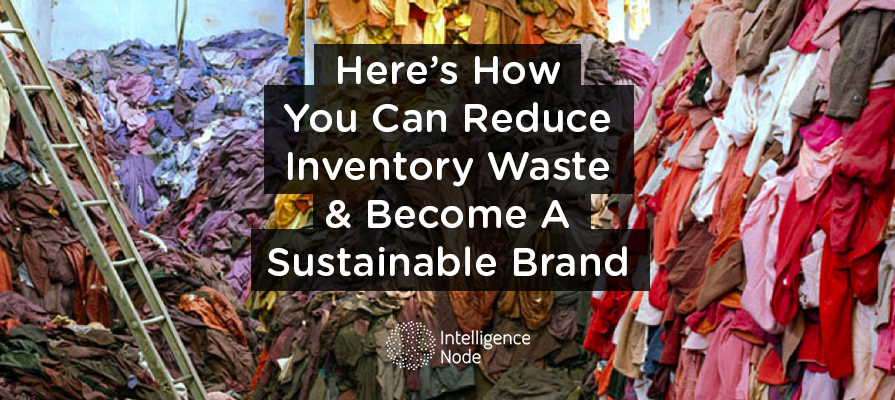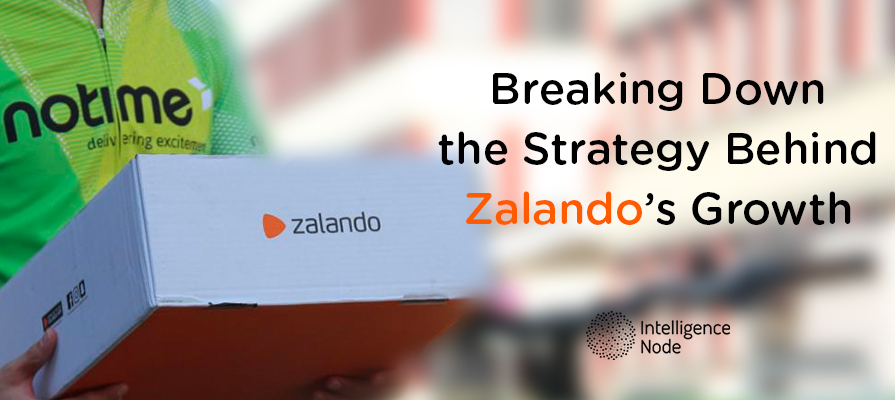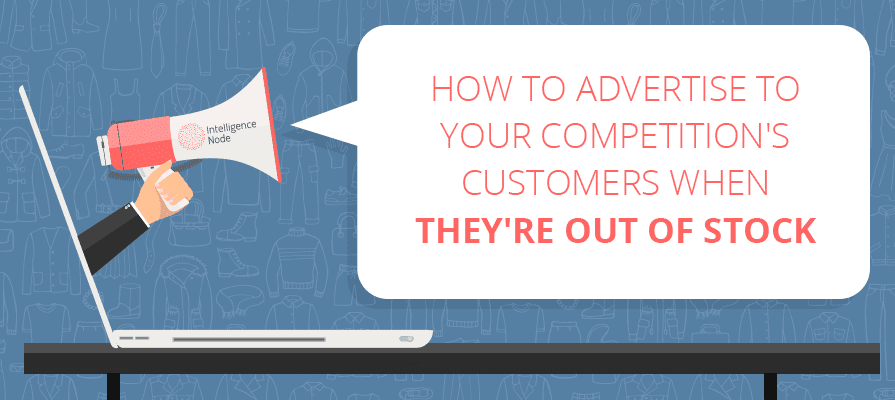With the current state of the retail landscape, merchants everywhere would be wise to take a long, hard look at their business models.
Generally speaking, the reason for doing so is that values are shifting. New focal points are emerging left and right to challenge long-held beliefs about the way things ought to work. And given the frenetic pace of retail 2019, this change is snowballing at a rapid pace.
For starters: No longer can consumer expectations be easily satisfied by your grandfather’s clever marketing campaigns. Today’s buyer is smarter, more inquisitive, and more demanding; retailers are being held to increasingly higher standards regarding top-down business transparency and ethical practices.
This movement doesn’t seem to be a fleeting flash in the pan either. Company ethics has been cited as the consumer concern that has grown most in prominence this past decade. Millennials in particular have expressed genuine concern for what goes on behind the scenes of their favorite brands. As younger generations continue to grow and gain more of a market presence, this issue will gain more and more relevance.
None of this should come as breaking news for companies who’ve already failed to adapt with the times. For example, international clothing giant H&M fell under intense scrutiny recently for burning and discarding stocks worth millions. That sort of mistake may not have made a public blip two decades ago, but in this day and age, it will only severely drive away an increasingly informed consumer group.
After all, the black mark of unethical corporate behavior has all sorts of possible repercussions. In H&M’s case, it was a decrease in brand loyalty and customer trust. For other brands, it may be a nosedive in productivity or a loss of investor support. Depending on the severity of the infraction, crossing the line of corporate ethics could even result in legal action to the tune of millions of dollars.
This is all to express one major point: If you’re running a business, you need to be more cognizant of what exactly goes into each of your processes. You need to make sure you’re complying with current moral (and legal) expectations. And you need to be consistent in doing so across all your teams, departments, and initiatives.
One core area where this especially applies is inventory planning. This is a category of your day-to-day operations that can easily be neglected to disastrous ends… But it can also be quickly optimized to make your business more efficient and sustainable.
For instance, improved inventory management can better streamline each product’s life from creation to purchase. This means a more friendly cash flow with greater profits, fewer unnecessary costs, and less overall waste.
Inventory waste, in particular, is often found to be an unrelenting burden on companies’ stocking systems. Whether it’s over- or underproduction, faulty items, production setbacks, payment inconsistencies, or excessive transportation, waste is the biggest enemy of your revenue potential. It leads to write-offs and write-downs – instances in which miscalculations lead to assets depreciating in the market.
And all of this has implications that tie back to company ethics. Waste that pops up during manufacturing or stocking eventually seeps its way into more significant forms of dead inventory, such as energy usage, water consumption, and carbon footprint. Moving forward, brands that fail to acknowledge and appreciate these resources are simply doomed to fail.
Avoiding these pitfalls isn’t necessarily rocket science, but it does require carefully planned brand transformation. You need to create strategies that reduce surplus inventory and demonstrate ethical practices to consumers on a product-page level.
Those strategies start with data-driven insights. If you can use global market trends to predict demand on both a short-term and long-term timeline, you have the power to buy and stock an appropriate inventory. Thus, you’ll be able to avoid assortment blunders, unanticipated markdowns, and supply chain waste.
That’s why there’s such tremendous value in utilizing intellectual planning tools fed with ultra-clean, numerical information on evolving trends, competitive updates, and consumer preferences. Data as a service, for example, detects fluctuating market patterns, product valuations, and customer responses to drive results and comprehensively analyse your audience. Or how about an AI-fuelled competitive update scanner, which offers synchronized tracking programs and real-time updates to improve product positioning?
At IntelligenceNode, you can find all this and more, like trending modules to capitalize on market changes as they’re happening and price optimization tools to improve the accuracy of item valuations.
At the end of the day, guessing what your customers want just isn’t a feasible strategy. Nor is bombarding your user base with products, hit-and-miss collections, and irresponsible merchandising plans. Your audience is way too sophisticated for that nonsense nowadays.
So – instead of settling for subpar schemes, match your customers stride for stride with intelligent solutions of your own. The tools for doing so are all at your fingertips! Tap into them and use their deep wells of knowledge to become an industry leader in both ethical and financial sustainability.




